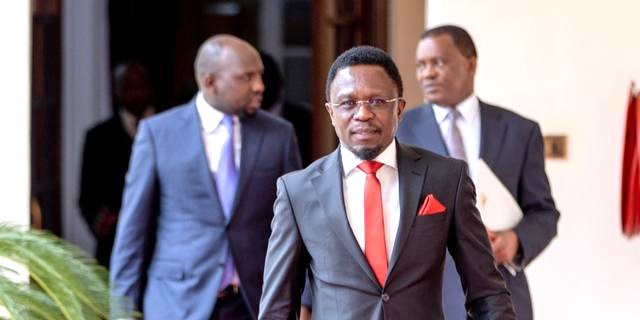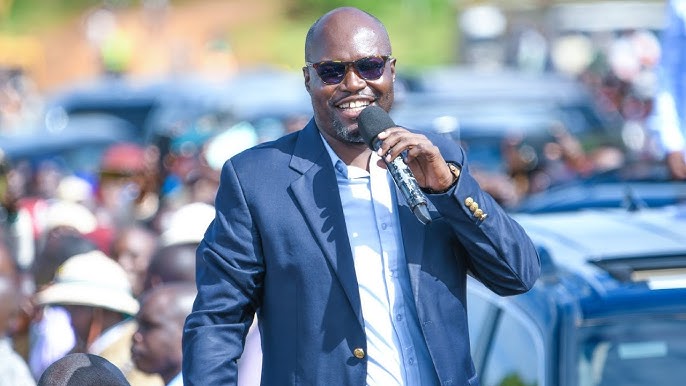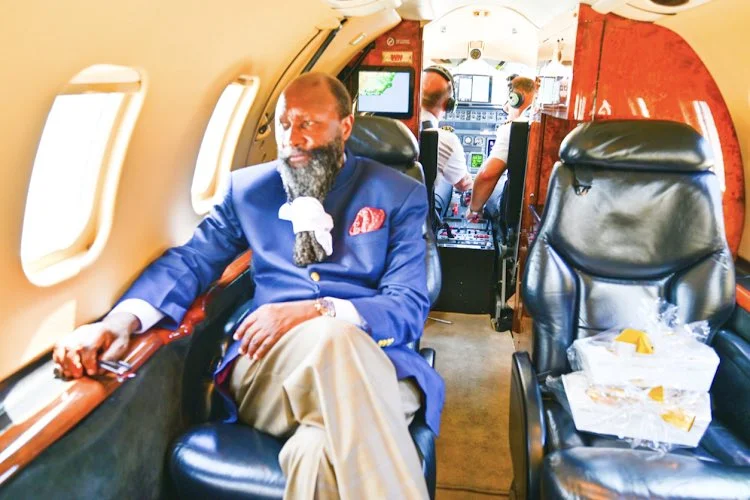In a scenario reminiscent of the Rio de Janeiro Olympics scandal, where athletes were allegedly deprived of their rightful earnings, the Sports Ministry has once again come under scrutiny for spending Ksh 1 billion on consultancy for the 2027 Africa Cup of Nations (AFCON), set to be co-hosted by Kenya, Uganda, and Tanzania. The deal was signed under former Sports CS Ababu Namwamba.
Documents presented in Parliament by Sports and Culture Principal Secretary Peter Tum reveal that a significant portion of these funds will be allocated for feasibility studies related to the development of sports academies across various constituencies. The papers, submitted to the Sports and Culture Committee chaired by Webuye West MP Dan Wanyama, show that Ksh 1 billion was spent on consultancy services for AFCON stadiums and an additional Ksh 352 million on regional consultancy.
The Ministry also used Ksh 1.5 billion for a feasibility study and survey for the construction of constituency sports academies. Meanwhile, Ksh 1.3 billion went toward building phase one of the Kenya Academy of Sports (KAS) complex in Kasarani, with Ksh 424 million earmarked for completing the hostel building and constructing the access gate. Moreover, Ksh 3.1 billion was spent on renovations at the Moi International Sports Centre (MISC) in Kasarani.
Appearing before the committee alongside Youth Affairs and Creative Industries PS Ismail Maalim, Tum defended the Ministry’s hiring of consultants from the University of Nairobi. However, he mentioned that some consultancy contracts had been terminated.
Yatta MP Basil Ngui questioned the justification for such massive spending on consultancy, suggesting that the Ministry could have utilized experts from the Public Works Department. MP Wanyama reminded the PSs of their responsibility to complete youth-oriented projects like Talanta Stadium and the sports academies, emphasizing the need to empower the Gen Z generation through sports.
Earlier this year, the Ministry had assured the public that both the Talanta Sports City construction and Kasarani Stadium renovations were on track. Additionally, a 60,000-capacity modern stadium is under construction in Nairobi, designed exclusively for football, rugby, and high-profile concerts.
Further details from the presented documents highlighted allocations for various stadium projects, including Ksh 115.2 million for automating the sports registrar’s office, Ksh 20 million for Malinya Stadium in Kakamega, and substantial sums for other stadiums like Kamariny (Ksh 288 million), Wote (Ksh 302.63 million), and Kipchoge Keino (Ksh 722.51 million). Several other projects were noted, including Kinoru Stadium in Meru, which cost Ksh 909.94 million and is now complete.
During the session, Tum raised concerns about the underfunding of the Kenya Academy of Sports and the Anti-Doping Agency of Kenya (ADAK). He urged the committee to address the financial shortfall, noting that ADAK had conducted over 1,300 intelligence-based doping tests and sensitized thousands on anti-doping education. He concluded by urging for increased funding, emphasizing the critical role these agencies play in the sports industry.





